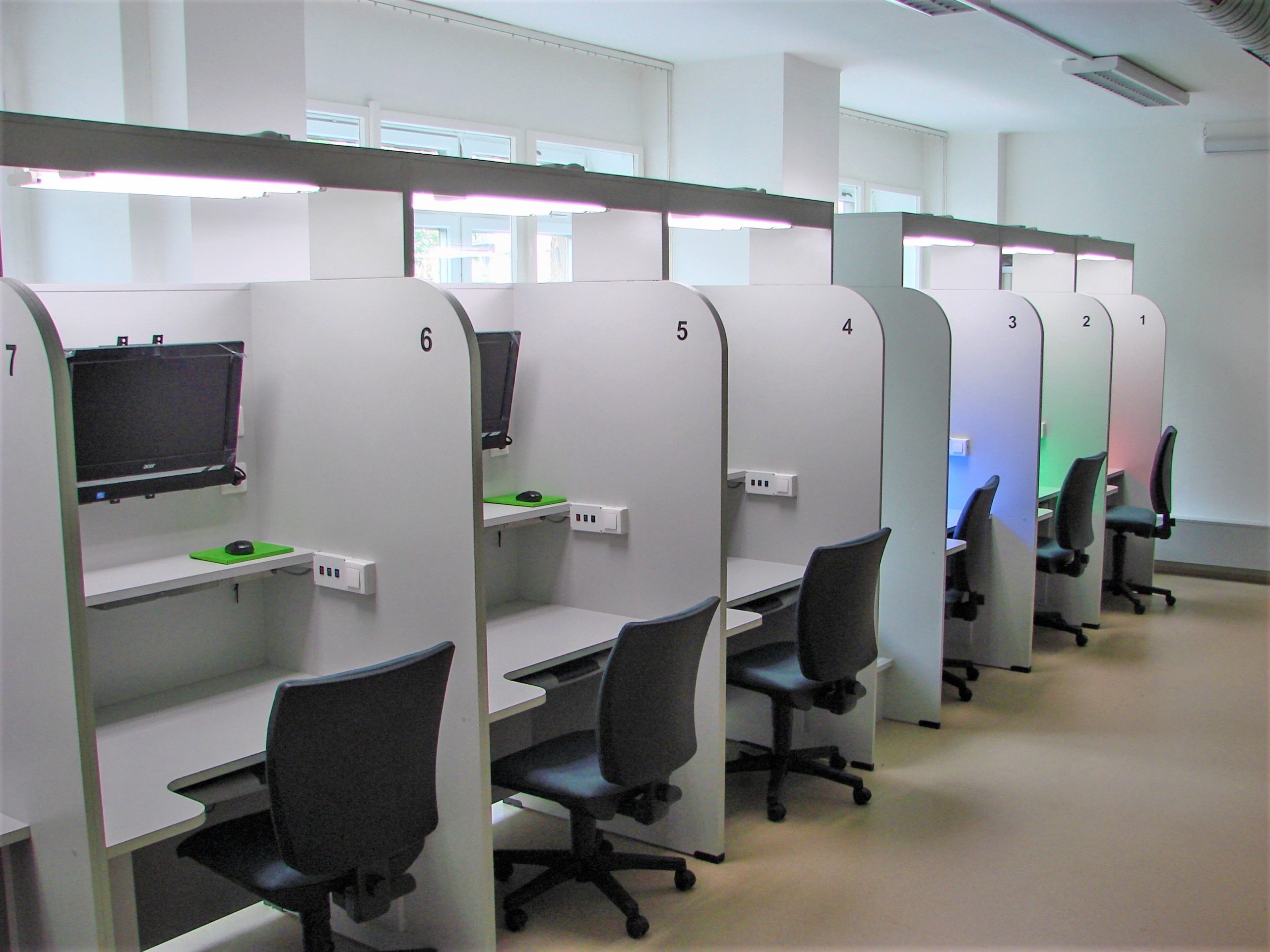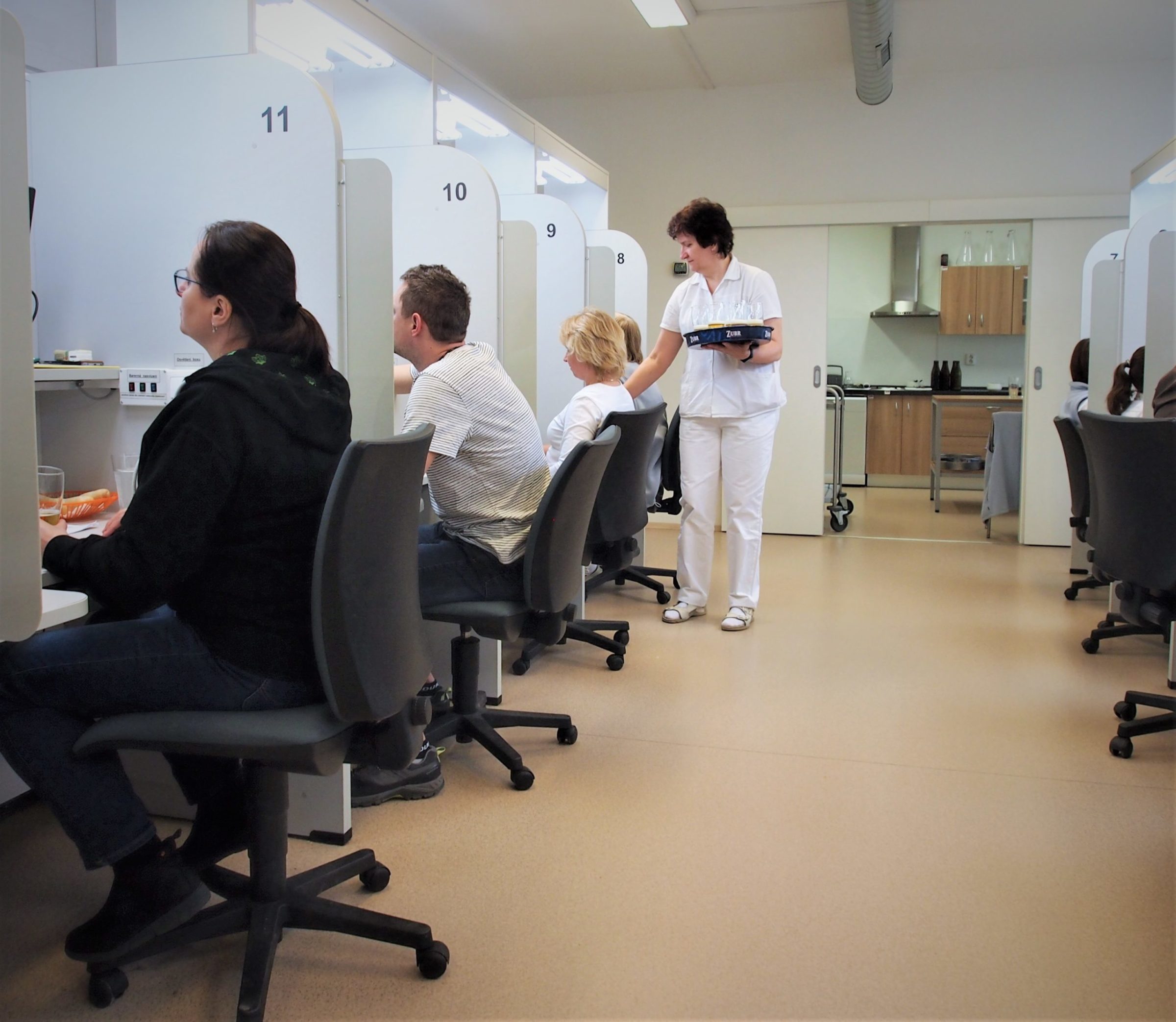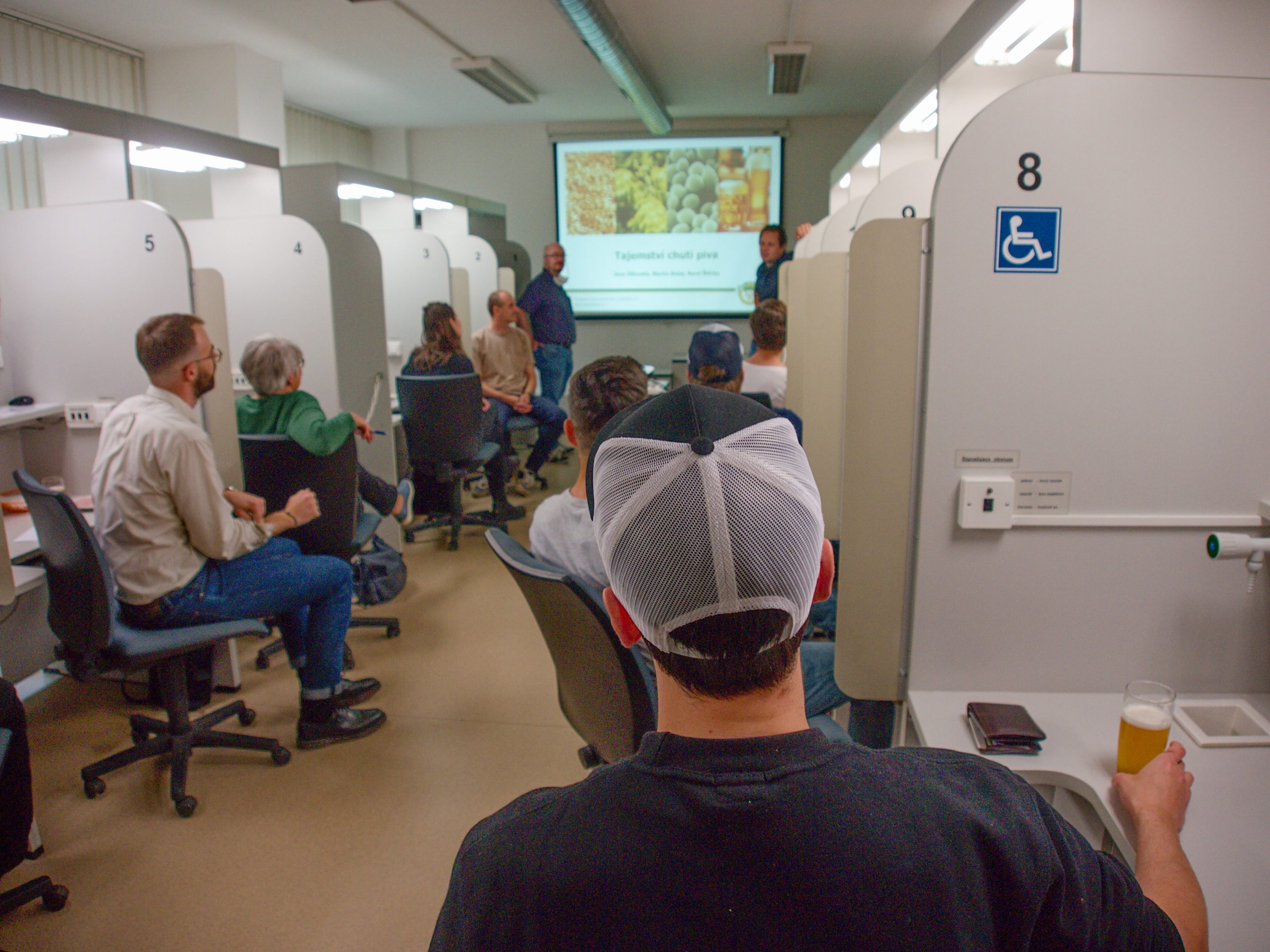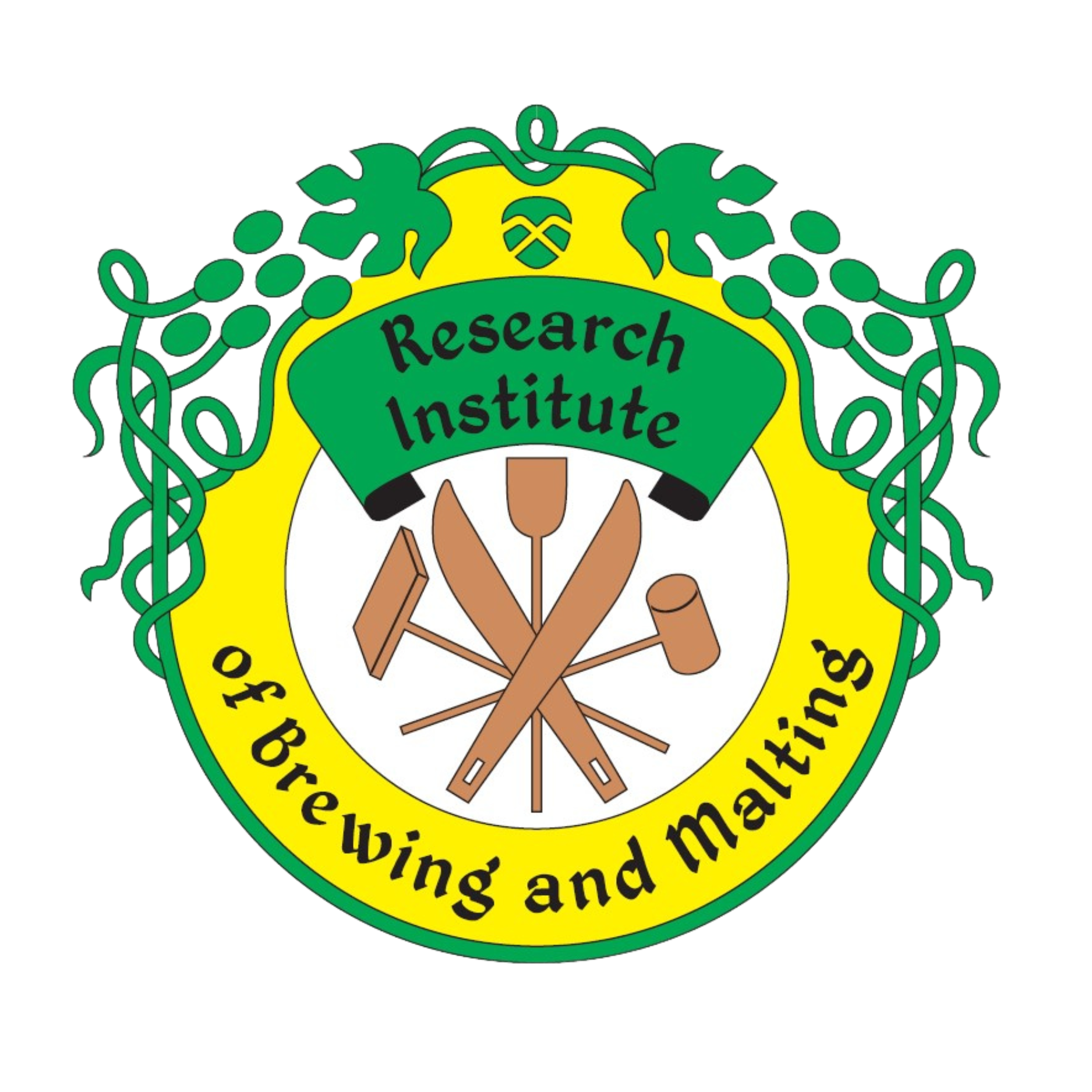Research Sensory Centre in Prague
Why sensory evaluation cannot be replaced
by instruments alone?
The sensory quality of food products—especially beer and beverages—cannot be assessed solely through instrumental analysis. While such analyses determine the presence and concentration of specific substances, sensory evaluation focuses on human perception—a complex and multi-layered process that instruments alone cannot fully capture. A meaningful connection between laboratory results and human perception is therefore essential.
A unique integration of Sensory
and Analytical Approaches
In response to this need, the Research Institute of Brewing and Malting established the Research Sensory Centre, which connects the sensory and analytical laboratories into one functional unit. Thanks to this integration and our technological background, the centre provides an ideal environment for comprehensive industrial research and development in the food sector, with a particular focus on beer and other beverages.



Ing. Lukáš Jelínek, Ph.D.
+420 224 900 159
jelinek@beerresearch.cz
#Researchgate
RNDr. Tomáš Vrzal, Ph.D.
+420 224 900 150
tomas.vrzal@beerresearch.cz
#ResearchGate
The Research Sensory Centre in Prague was established as Project No. CZ.2.16/3.1.00/28030 (OPPC), a programme funded by the European Regional Development Fund.
